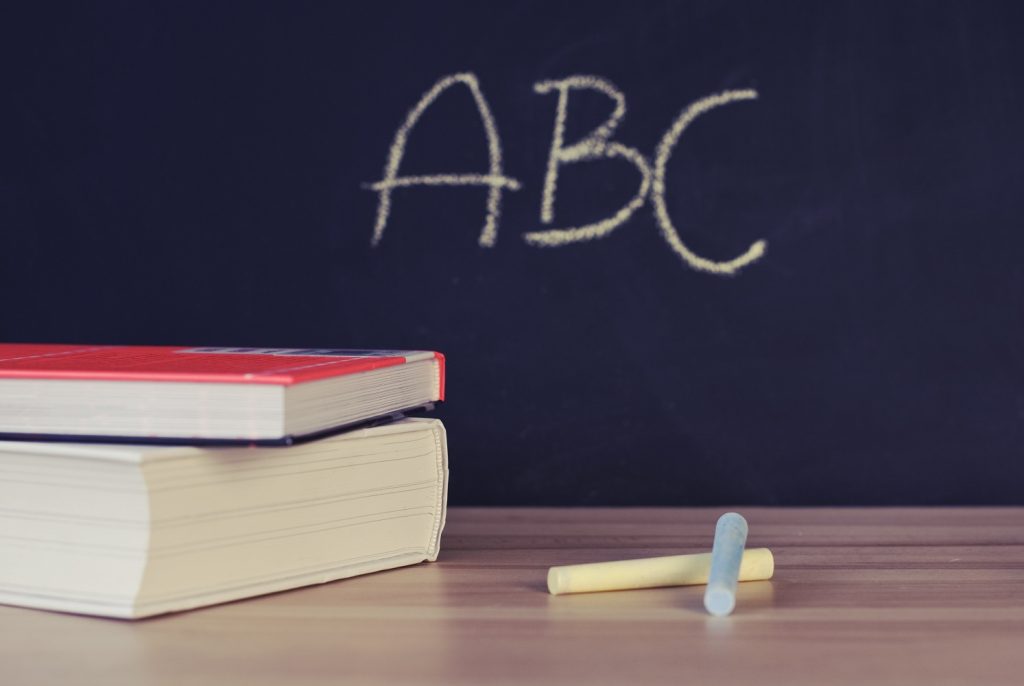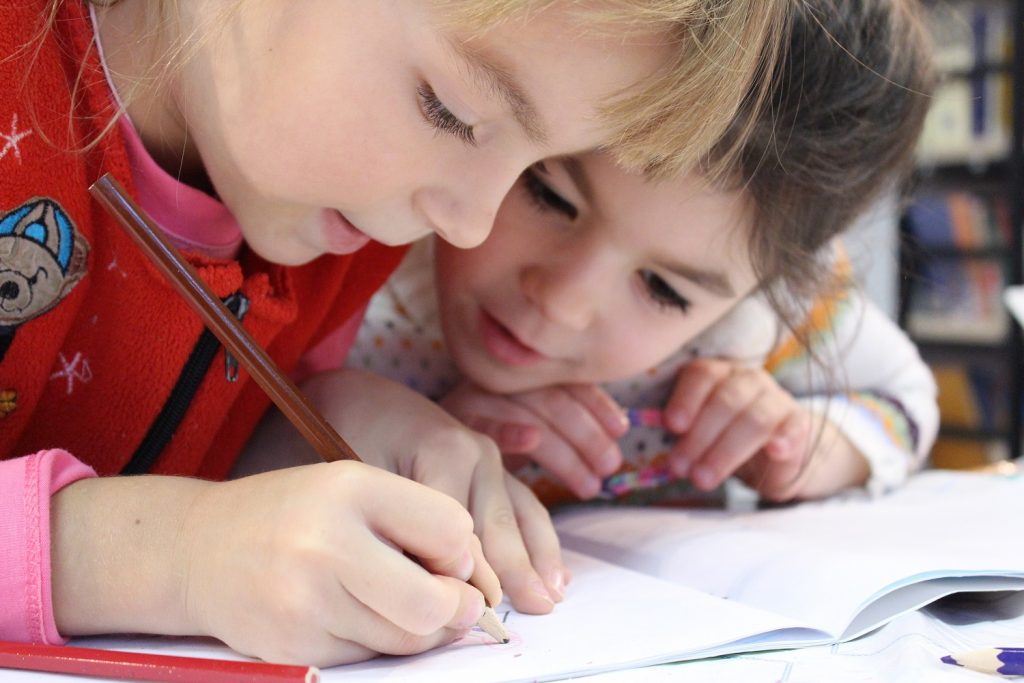According to the doctoral thesis, written by a doctoral student at Tallinn University’s School of Humanities, Halliki Põlda, giftedness is considered to be important in education and in the society in a broader sense, but the carrier of giftedness is often left in the background.
This article is published in collaboration with Research in Estonia.
Within the doctoral thesis, Halliki Põlda studied how giftedness is thought, spoken and written about in the scientific and common language. The research reveals that giftedness is a special, attractive and rare innate property. Nowadays, it is mostly associated with children. However, such a perspective might lead to overlooking the need for student development and support at every age.
“The research indicates a need for guiding and changing such thought patterns and offers a practical solution: communication between educational stakeholders themselves as well as with the public must support the principles of the developmental approach to giftedness and of inclusive education,” Põlda said.
Gifted people are often unnoticed
Giftedness is considered to be important in education and in the society in a broader sense, but the carrier of giftedness is often left in the background. According to the doctoral student, there is a social expectation for gifted people to achieve top results, and thus bring success and fame.
“On the one hand, giftedness is highlighted and emphasised at school, in the community and in the society. On the other hand, the media often describes gifted people as slighting,” Põlda said of her research. Gifted people are also often unnoticed and left without support in the school system because there are not enough resources to deal with them. The doctoral thesis points to the significant need for cooperation in the current educational system.

Education system should offer more support
The research shows that, in the current educational system, giftedness primarily stands out in the so-called classical, school-taught fields. Therefore, some types of gifts may be left without attention and support. Giftedness is not associated with educational special needs. According to Põlda, the Basic Schools and Upper Secondary Schools Act should set out provisions for supporting and developing the unique gifts of all children: the opportunities, activities and the people responsible for it.
Halliki Põlda’s doctoral thesis, “Constructing of the Phenomenon of Giftedness in Public Communication,” (in Estonian) can be read in the ETERA digital library at the Academic Library of Tallinn University, and the supervisor of the doctoral thesis is professor Krista Kerge of Tallinn University.
The cover image is illustrative.

